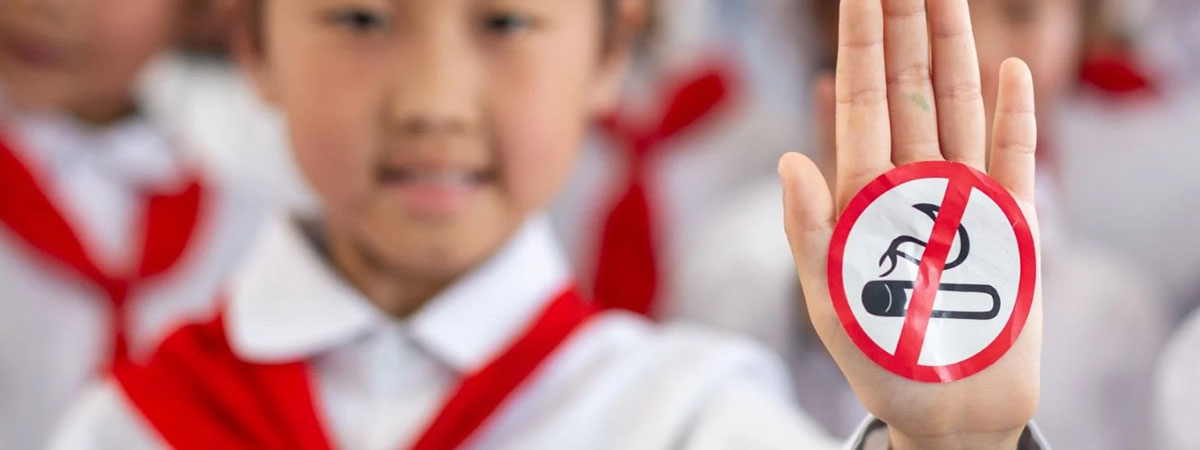New WHO Report Extends Tobacco Control Protection to 6.1 Billion People, Yet Critical Gaps Persist
1 July 2025 | The World Patients Alliance (WPA) welcomes the World Health Organization’s Global Tobacco Epidemic 2025 report, released on 23 June in Dublin. The report shows that three quarters of the world’s population, 6.1 billion people are now covered by at least one “MPOWER” tobacco control measure, up from just 1 billion in 2007. While this marks steady progress, the data also reveal significant shortcomings that threaten patient health worldwide.
What the report shows
• Coverage is broad but incomplete. Only four countries Brazil, Mauritius, the Netherlands and Türkiye, have fully implemented all six MPOWER measures. Forty countries still have none at best practice level.
• Graphic warnings lead the way. 110 countries now require picture health warnings and 25 have adopted plain packaging, together protecting 62 % of the global population.
• Taxes, cessation support and ad bans lag. 134 countries have not raised tobacco taxes to best practice levels; cost covered quit services reach only one third of people; comprehensive advertising bans cover just 25 % of the world.
• Smoke free laws expand slowly. Comprehensive smoke free environments exist in 79 countries, one third of the global population despite strong industry lobbying, especially in hospitality venues.
• E cigarette oversight is uneven. 133 countries regulate or ban electronic nicotine delivery systems (ENDS), but more than 60 still have no rules at all.
Why this matters for patients
Tobacco use remains a leading cause of preventable death, claiming more than seven million lives each year and driving non communicable diseases that overwhelm health systems. Inadequate taxation, limited cessation services and patchy ENDS regulation leave patients, especially in low and middle income countries exposed to harm and higher out of pocket costs. Addressing these gaps is critical to advancing universal health coverage and protecting future generations.
WPA’s call to action
1. Raise prices decisively. Governments should adopt WHO recommended excise taxes that make all tobacco products less affordable over time.
2. Invest in quitting support. Integrate cost covered cessation services into primary care and national insurance schemes.
3. Close advertising and sponsorship loopholes. Enforcement of comprehensive bans, including digital marketing and cross border promotion.
4. Regulate ENDS within a comprehensive nicotine policy. Prevent youth uptake and ensure product safety while supporting evidence based cessation pathways.
5. Protect policy making from industry influence. Adopt transparent engagement rules and conflict of interest safeguards aligned with WHO FCTC Article 5.3.
WPA stands ready to collaborate with WHO, governments and civil society partners to accelerate tobacco control progress. Our Arms and Tobacco Non Engagement Policy commits us to rejecting financial ties and any kind of collaboration or partnership with the tobacco industry and advocating for stronger, patient centred measures worldwide.


